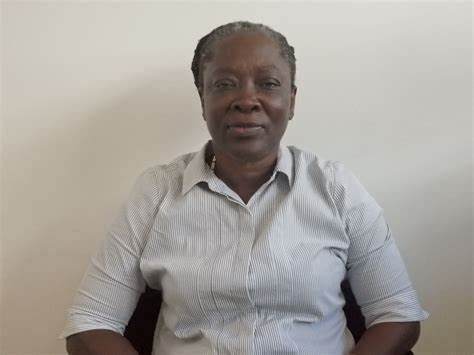Martin defends her position on mosquito fogging and cites residents’ respiratory health and beekeepers’ concerns
Although the Central Board of Health (CBH) commenced a series of
fogging exercises in a number of communities this week, Chief
Health Inspector Sharon Martin says households share the
responsibility in helping to prevent mosquito breeding.
Dengue fever, a disease caused by mosquitoes, reportedly is on the
increase here and in the region, largely due to the current rainy
season.
Amid rumours that Martin does not support fogging – which is an
effective way of controlling the mosquito population – she was
asked her position on this practice. Martin denied the claim, adding
that what she supports are good public-health practices.
If households can keep their respective water catchments safe from
becoming a mosquito breeding site, she says, then it reduces the
need for fogging, which tends to affect people with respiratory
problems.
Additionally, Martin says that fogging is not the answer to getting
rid of the Aedes Aegypti mosquito that causes dengue fever, because
– while it kills the mosquitoes – it can also be dangerous to other
insects, such as honeybees, which are good for the environment.
In fact, Martin says, beekeepers have complained that fogging has
been detrimental to their operation, since they have lost bees when
the exercises were carried out.
Meanwhile, according to Martin, up to recently the department had
some challenges with one of its fogging trucks, which apparently has
broken down.
However, she is expressing optimism that the department will
receive the requisite transportation in order to carry out its
exercises.




